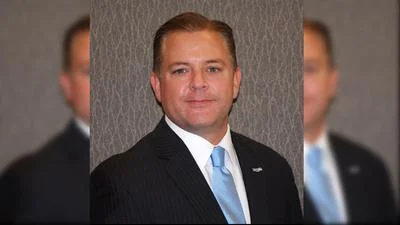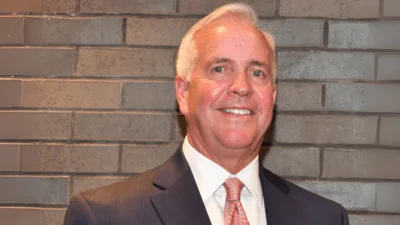A House measure that would supposedly offer more protection for workers would actually cause them more harm and damage businesses as well, several Republican lawmakers said after legislative approval of House Bill 2525.
Proponents say HB2525 would regulate workers’ compensation rates and premiums via monitoring, but many Republicans disagreed.
“I’m very concerned about this bill (because) we are essentially codifying bad practices and expanding on them – actually, making them worse … this bill isn’t workers' compensation reform,” state Rep. Mark Batinick (R-Plainfield), said. “A lot of people want to talk about that we are concerned about the businesses. We’re concerned about the employees that businesses employ.”
Rep. Jay Hoffman (D-Swansea) presented the bill and argued that it does in fact place the focus on employees and employers by making sure insurance companies are not overcharging and pocketing the profits.
The bill requires insurers to submit rates to the Illinois Department of Insurance for examination of potential overcharges thereby ensuring that employers are paying rates relative to the market. It would also create a Workers’ Compensation Premium Rate Task force to study the extent to which the premiums reflect the recommendations of the National Council on Compensation Insurance.
House Minority Leader Rep. Jim Durkin (R-Western Springs) echoed Batinick’s sentiments, saying the bill does nothing to improve the system.
“This is improper to have this incorporated into law because we have to live with this no matter what our courts determine should be a proper guidance (on the issue),” Durkin said. “This is the wrong thing to do. This is not going to create any savings for employers. This is not reform.”
Rep. Steven Andersson (R-Geneva) suggested that the bill is dangerous because it expands the types of injuries that workers' compensation covers, including some that might not be directly related to the workplace.
“This bill does nothing to help business," Andersson said. "It hurts business."
The bill has passed both houses and now awaits Gov. Bruce Rauner’s response.





 Alerts Sign-up
Alerts Sign-up